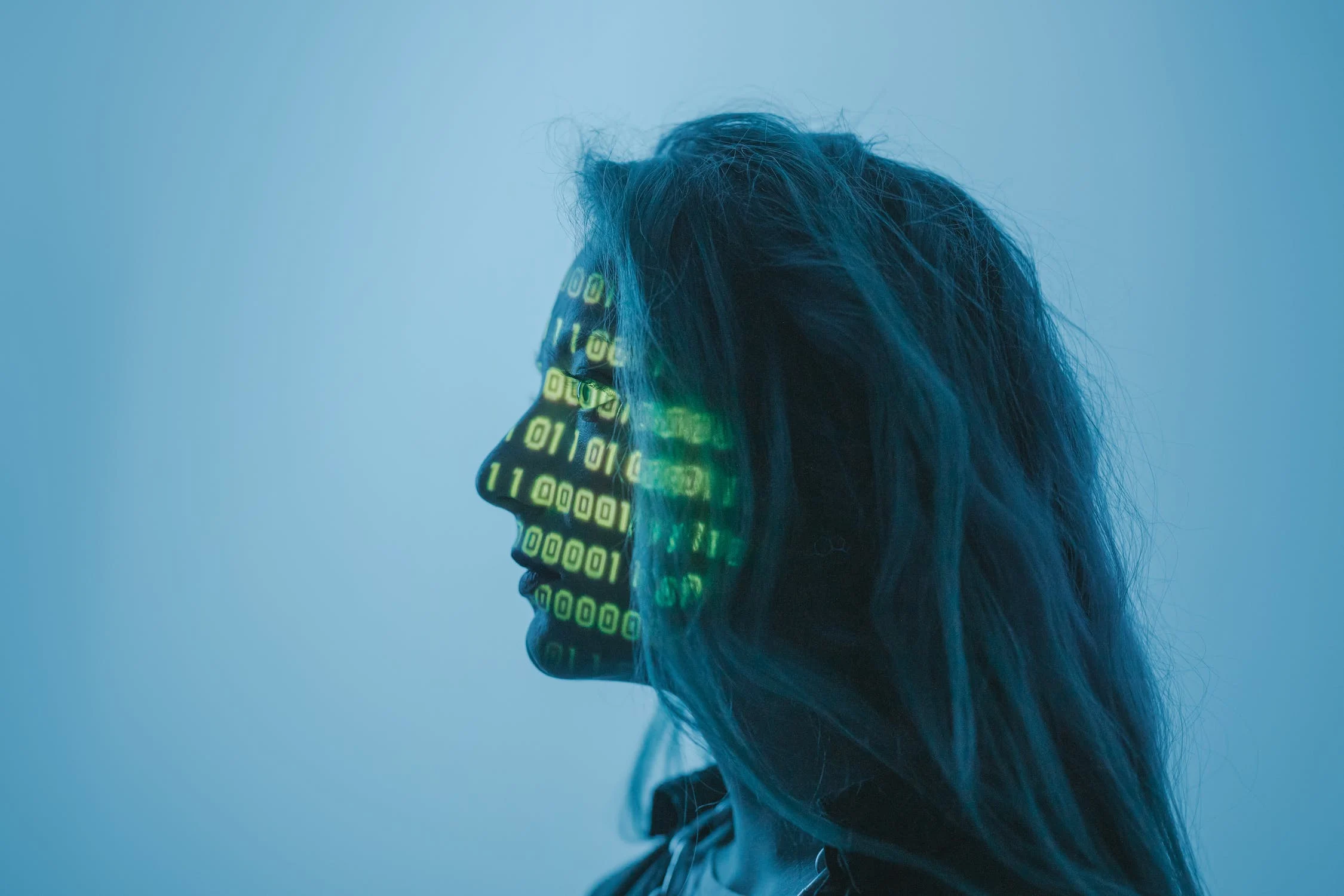Artificial intelligence (AI) has made significant strides in recent years, sparking debates about its potential to replace human intelligence. While AI has undoubtedly transformed various industries and revolutionized the way we live and work, it is essential to understand the limitations and unique capabilities of AI. In this article, we will delve into five curious insights that shed light on the question: Can AI replace human intelligence?
1. The Power of AI
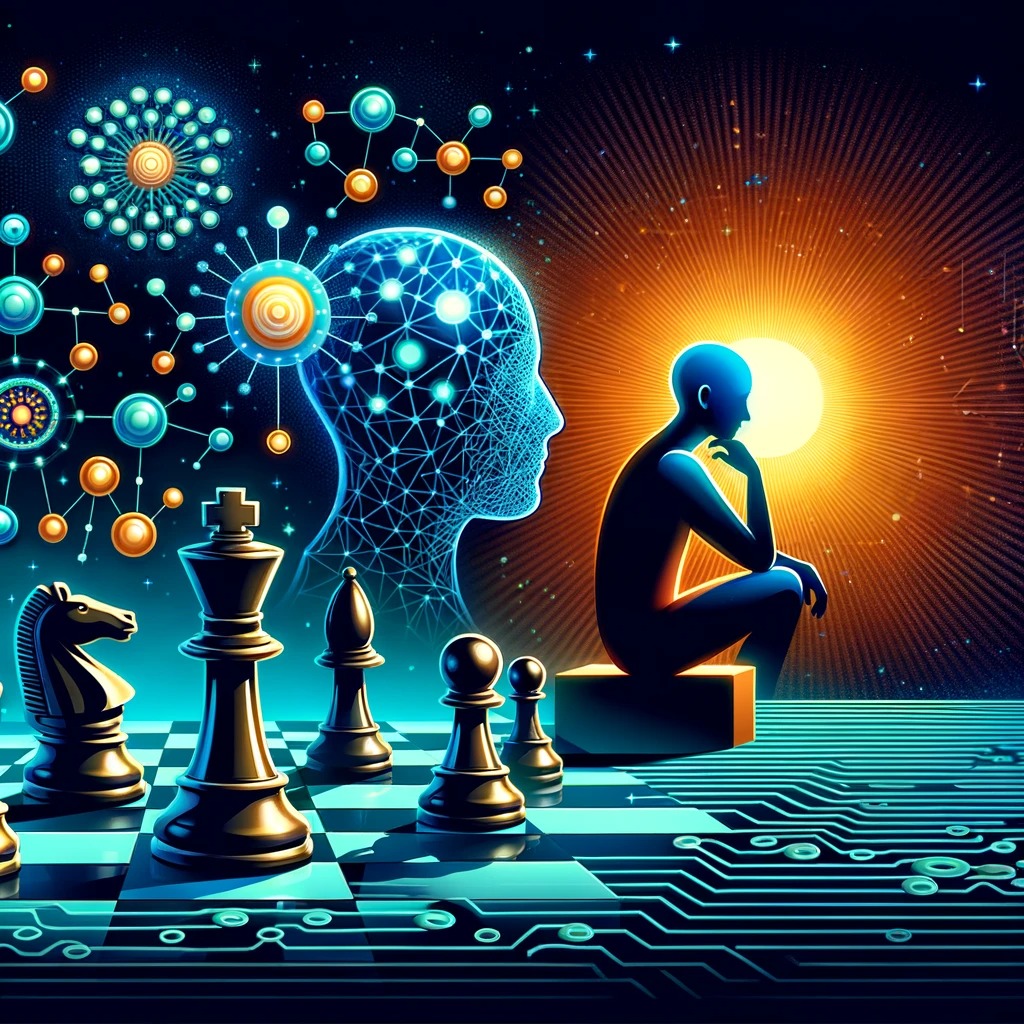
Artificial intelligence has demonstrated remarkable capabilities in specific domains, surpassing human performance in tasks such as image recognition, and natural language processing, and playing complex games like chess and Go. Artificial intelligence algorithms, powered by vast amounts of data and computing power, can process information at an unprecedented speed and accuracy, leading to breakthroughs in various fields.
However, it is crucial to note that Artificial intelligence excels in narrow tasks within well-defined boundaries. While Artificial intelligence may outperform humans in specific areas, it lacks the broader understanding, creativity, and adaptability that human intelligence possesses.
2. The Limitations of Artificial intelligence
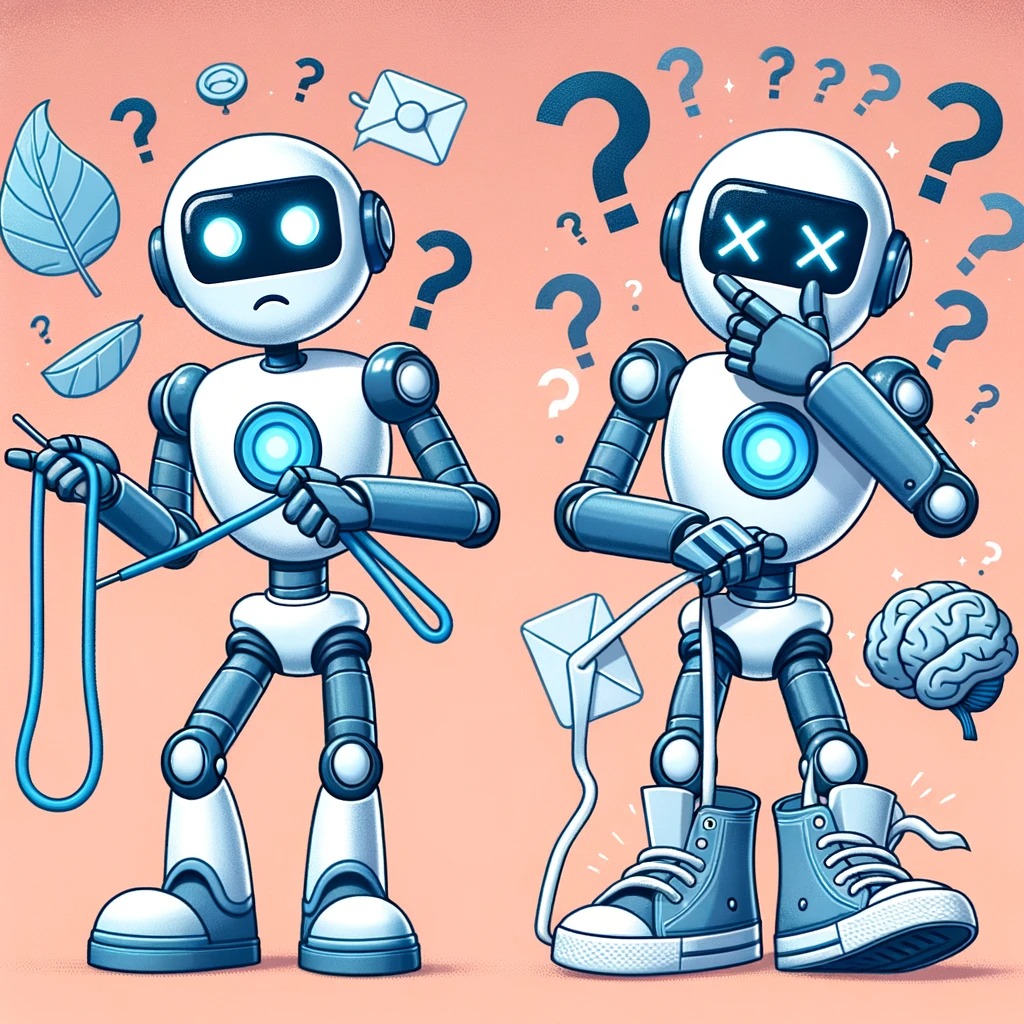
Despite its impressive achievements, Artificial intelligence still struggles with certain tasks that humans perform effortlessly. AI algorithms often struggle with common-sense reasoning, understanding context, and dealing with ambiguity. While Artificial intelligence can process vast amounts of information, it lacks the intuitive understanding and emotional intelligence that humans possess.
Human intelligence encompasses a wide range of cognitive abilities, including creativity, critical thinking, empathy, and moral reasoning. These complex cognitive processes are challenging to replicate in Artificial intelligence systems, making it unlikely for Artificial intelligence to fully replace human intelligence.
3. Artificial Intelligence as a Tool, Not a Replacement
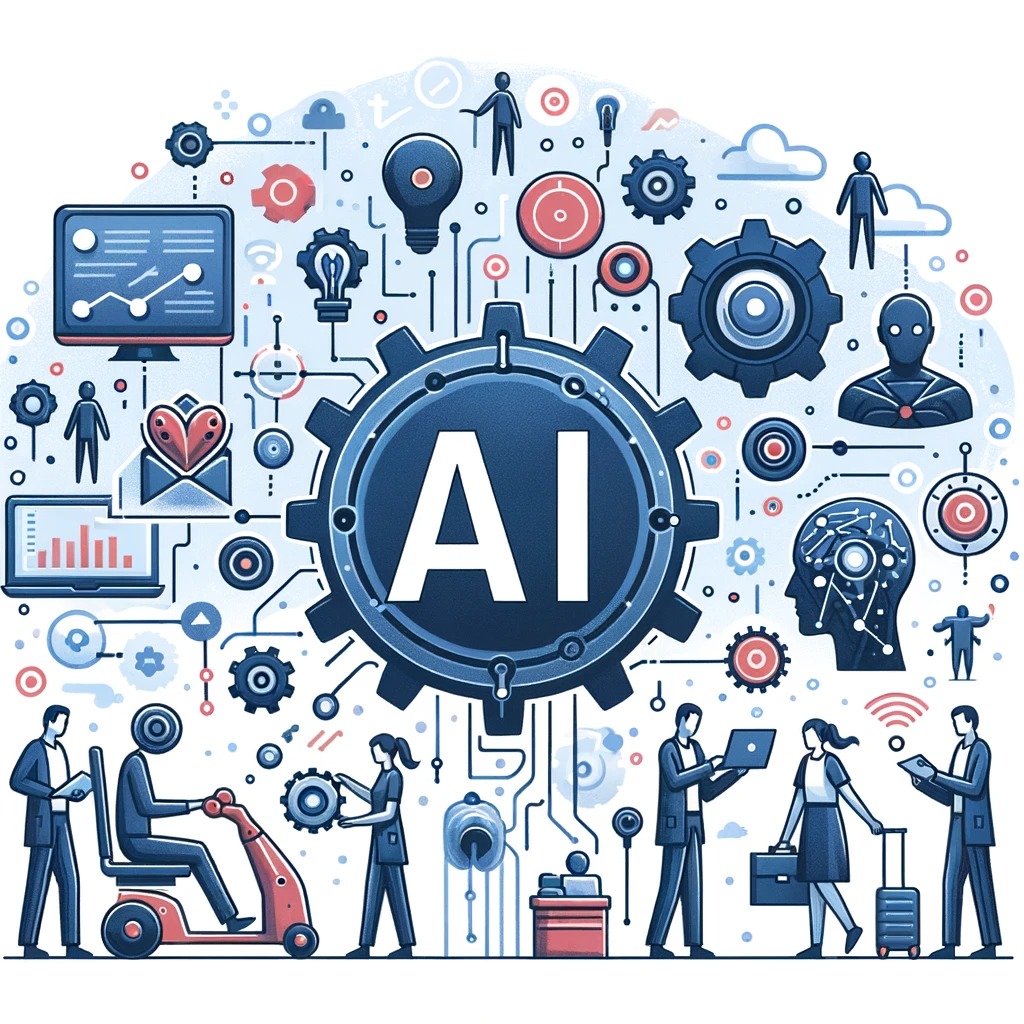
Rather than viewing Artificial intelligence as a potential replacement for human intelligence, it is more accurate to see it as a powerful tool that complements and augments human capabilities. Artificial intelligence can automate repetitive and mundane tasks, freeing up human resources to focus on more complex and meaningful endeavours.
By leveraging Artificial intelligence’s analytical capabilities, humans can make more informed decisions, solve complex problems, and explore new frontiers. The synergy between human intelligence and Artificial intelligence can lead to unprecedented advancements in science, medicine, business, and other domains.
4. Ethical Considerations
As Artificial intelligence continues to advance, ethical considerations become increasingly important. Artificial intelligencesystems are trained on vast amounts of data, which can introduce biases and perpetuate existing inequalities. It is crucial to ensure that Artificial intelligence algorithms are fair, transparent, and accountable.
Moreover, the question of responsibility arises when Artificial intelligence systems make decisions that impact individuals or society. Striking the right balance between human oversight and Artificial intelligence autonomy is a critical challenge that requires careful consideration and ethical guidelines.
5. Collaboration and Coexistence
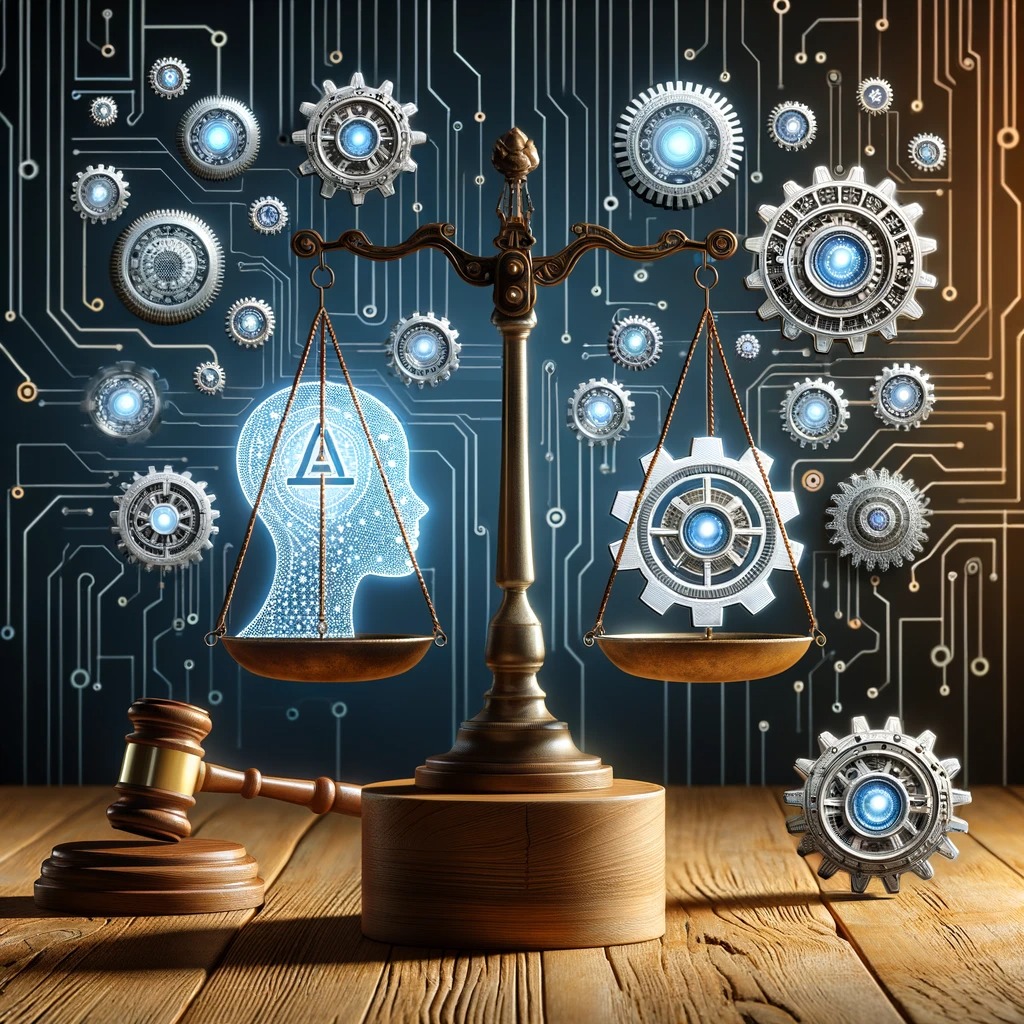
Rather than framing Artificial intelligence as a competitor to human intelligence, a more productive approach is to foster collaboration and coexistence. Artificial intelligence systems can assist humans in various tasks, enhancing productivity and efficiency. Human expertise and judgment are invaluable in guiding AI systems, ensuring their responsible and ethical use.
In fields like healthcare, Artificial intelligence can aid in diagnosis, treatment planning, and drug discovery, but it cannot replace the expertise and compassion of healthcare professionals. Similarly, in creative domains like art and music, Artificial intelligence can generate novel ideas and compositions, but it cannot replicate the depth of human expression and emotional connection.
In conclusion, while Artificial intelligence has made significant advancements and can outperform humans in specific tasks, it is unlikely to replace human intelligence entirely. Artificial intelligence should be seen as a tool that complements and enhances human capabilities, leading to new possibilities and discoveries. By understanding the unique strengths and limitations of Artificial intelligence, we can harness its potential while ensuring the responsible and ethical use of this transformative technology.
Looking to harness the power of ChatGPT and other AI.-driven solutions for your business? We offer expert ChatGPT consultancy and a range of cutting-edge A.I applications to help you stay ahead in the digital age. Contact us today to explore the possibilities!
Also Read: AI Art Made Easy: DALL-E 3 Integration in ChatGPT
